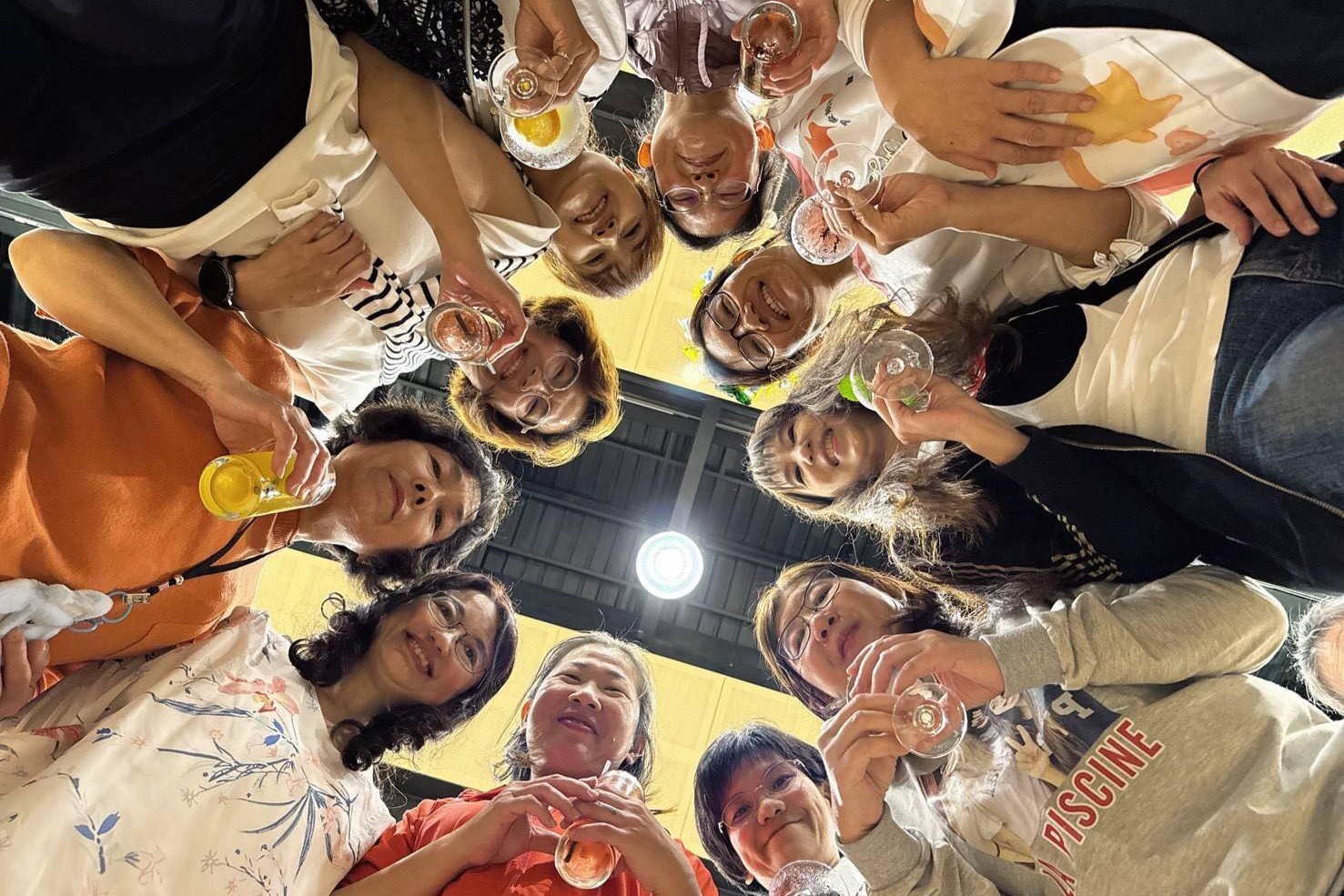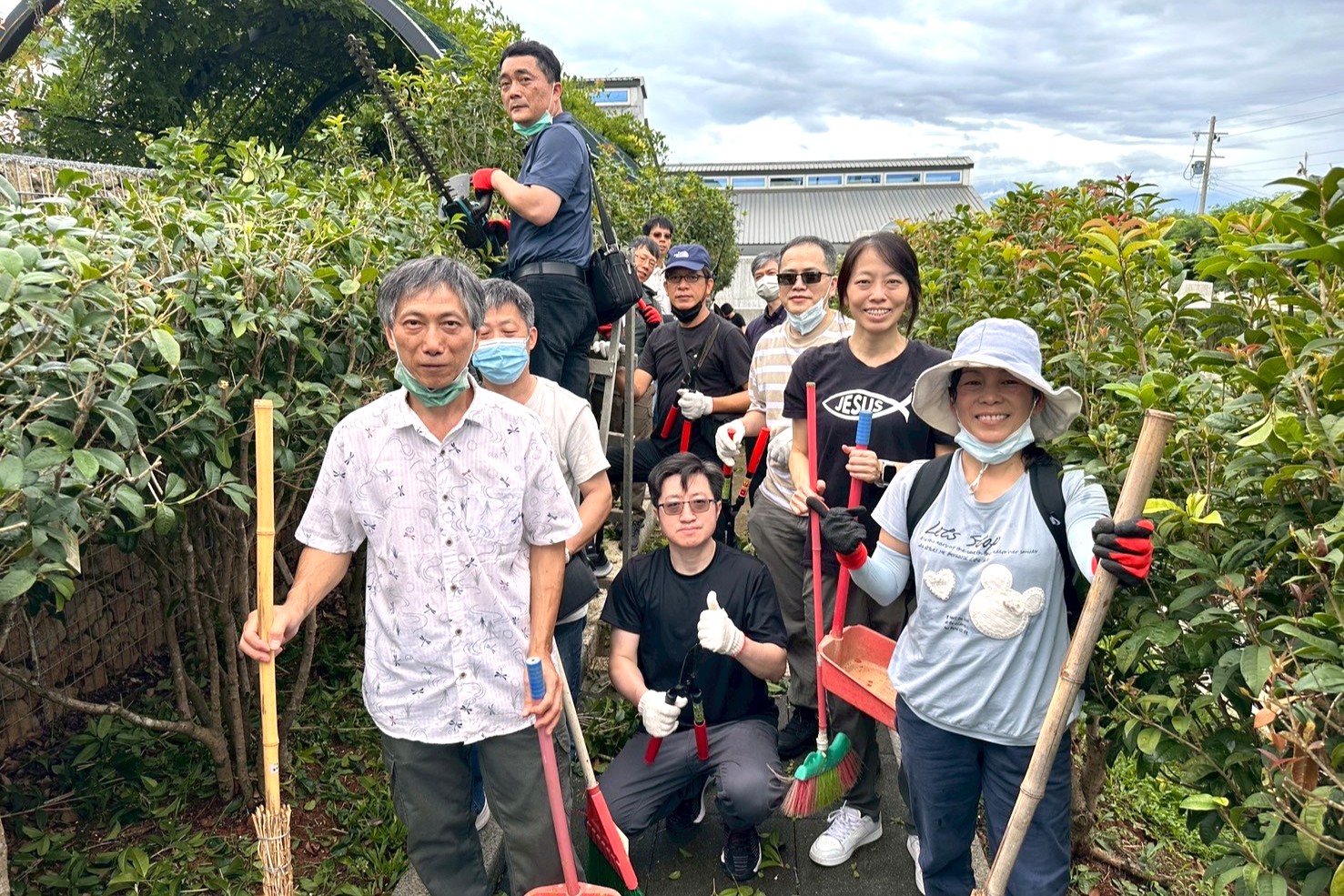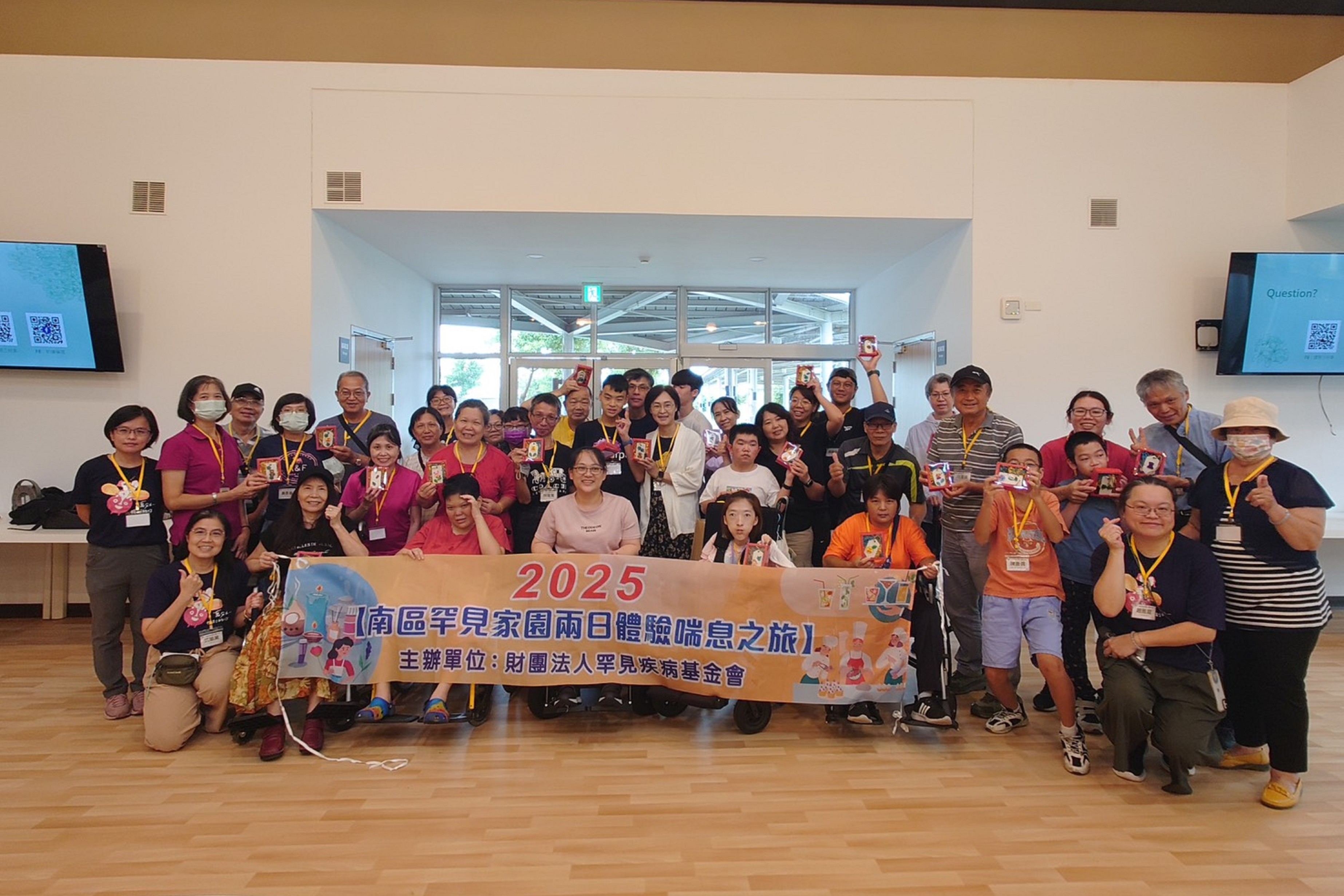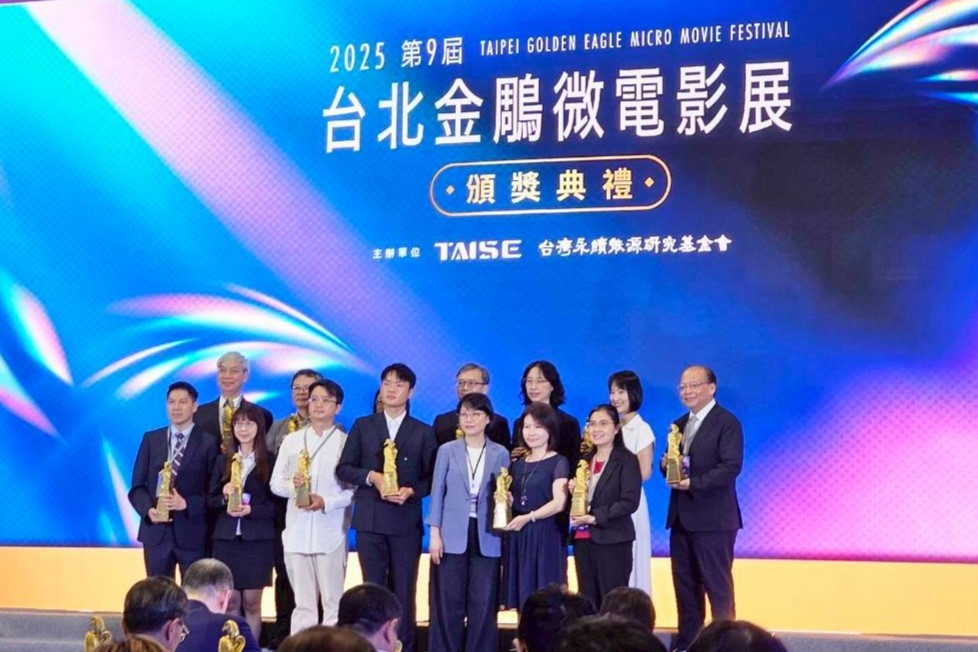News
RDODA Passed on the Third Reading
To take care of more rare disease patients, the Legislative Yuan passed the Amendment of the Rare Disease and Orphan Drug Act (RDODA) on its third reading on December 30, 2014, with a view to raising the professional level of the governmental councils on rare disease, adding psychological support and maternity care services for patients and their families. The Ministry of Health and Welfare will provide appropriate subsidies for supportive and palliative care that the National Health Insurance (NHI) fails to pay. In addition, this amendment will also guarantee patients' access to medicines, speed up the review process of orphan drugs to be included in NHI, and establish an emergency medicine supply mechanism, which will shorten the waiting time for patients to avoid lacking in the medicine they need urgently.
The RDODA has been revised twice in 2005 and 2010 since it was enacted in 2000. This year’s (2014) amendment has the largest increase in content and is the most crucial to the rights and interests of the rare disease patients. In Article 8, that the government shall provide psychological support and maternity care services is newly added. Article 15-1 clearly stipulates that the rare disease drug shall be paid in accordance with the NHI’s drug payment standard whether it is registered for inspection or approved for a special application. As for Article 33, the supportive and palliative care that is not paid by NHI will be added, which will at least relieve the pain inflicted on the patients and reduce the burden on caregivers even if the rare patients still cannot receive effective treatment.
Due to the revised versions submitted by the legislators, including Yang Yu-Hsin, Liao Kuo-Tung, Lai Shyh-Bao, Chiang Huei-Chen, Pan Wei-Kang, Lee Tung-Hao, and Chen Ting-Fei, this amendment could be passed successfully. During the process, all the members of the Social Welfare and Environmental Hygiene Committee gave their full supports. Legislator Wang Yu-Min put this bill on the committee among numerous bills so that the amendment could complete its third reading. On behalf of all families with rare diseases in Taiwan, TFRD would like to express our heartfelt thanks and the greatest respect to the legislators who have worked hard during this period.
Translator: David Lee (Becker Muscular Dystrophy), Reviewer: Albert Kuo








